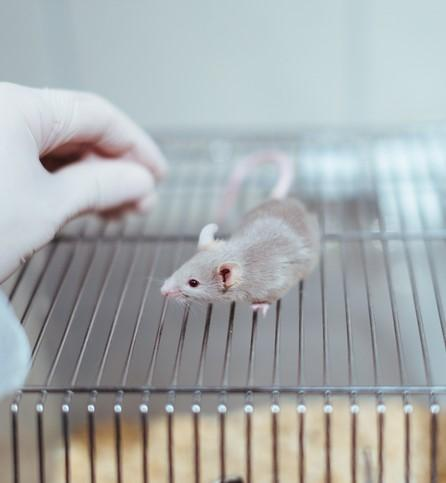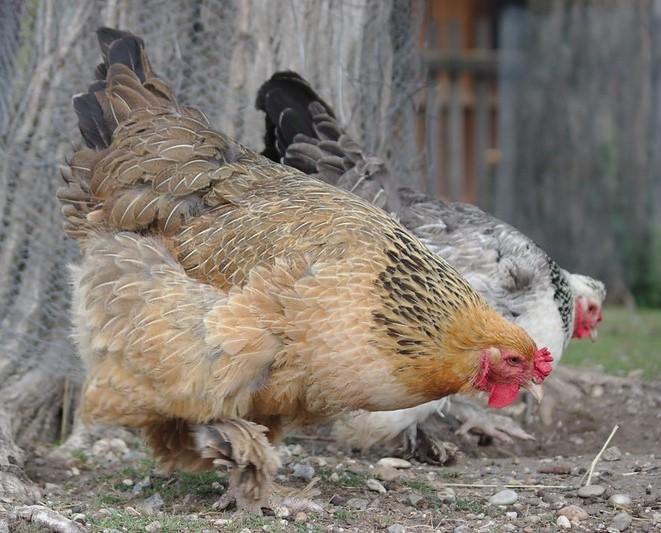
Georgia State University (GSU) researchers report that the susceptibility of mice to respiratory virus infections (RVIs), as well as the infections' severity, depends at least in part on the microbiota in their intestines.
The researchers measured viral concentrations in the lungs several days after infection to assess how differences in microbe mix can influence RVI outcomes in mice with different intestinal microbiomes and in those differing only in the presence or lack of segmented filamentous bacteria (SFB). The mice had been bred in captivity under well-controlled conditions that ensured the absence of specific microbes.
The findings were published yesterday in Cell Host & Microbe.
SFB are gram-positive, spore forming bacteria found in the gut of rodents, fish, and chickens. A relative of Clostridium, these bacteria have been found to trigger an immune response in mice.
Lung macrophages disabled flu virus
Whether naturally acquired or introduced, SFB protected mice against flu, respiratory syncytial virus (RSV), and SARS-CoV-2 infection (COVID-19). The protection required the presence of alveolar macrophages (AMs; immune cells) in the lungs at baseline. In mice without SFB, AMs were quickly depleted as RVI progressed, but AMs in SFB-positive mice were intrinsically altered to prevent flu-triggered depletion and inflammatory signaling.
These findings uncover complex interactions that mechanistically link the intestinal microbiota with AM functionality and RVI severity.
AMs directly disabled influenza virus, and transfer of SFB-transformed AMs into SFB-negative mice reinforced SFB-mediated protection against flu.
"These findings uncover complex interactions that mechanistically link the intestinal microbiota with AM functionality and RVI severity," the study authors wrote.
Andrew Gewirtz, PhD, co-senior author and regents' professor in the Institute for Biomedical Sciences at GSU, said the team thinks it is highly unlikely that SFB is the only gut microbe that can alter AMs, and consequently, vulnerability to RVI.
"Rather, we hypothesize that gut microbiota composition broadly influences proneness to respiratory virus infection," he said in a GSU news release. "Microbiota mediated programming of basally resident alveolar macrophages may not only influence the severity of acute respiratory virus infection, but may also be a long-term post-respiratory virus infection health determinant."











